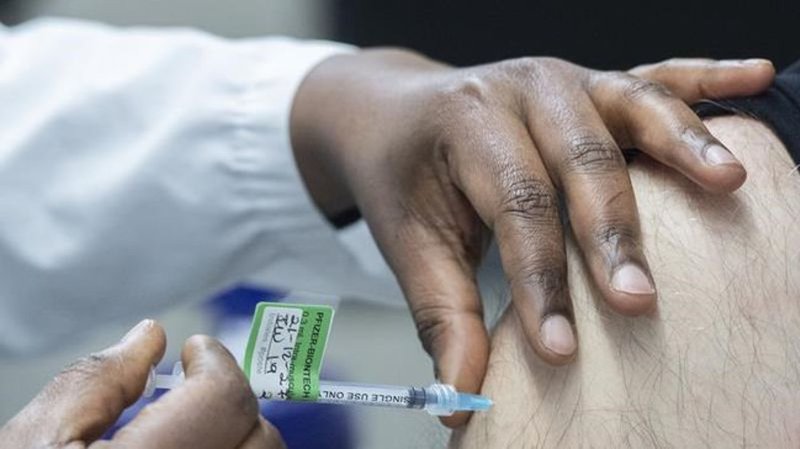
Survey reveals widening gap between views of double-vaxxed and boosted people
OTTAWA — A new survey suggests a widening gap between the pandemic views of people who have opted to get a COVID-19 vaccine booster and those who are holding steady with only two shots.
A web panel survey carried out by Leger for the Association for Canadian Studies shows 67 per cent of people with a booster dose who responded are afraid of contracting COVID-19, compared to just 52 per cent of those with two doses.
“We’re seeing what I call a ‘booster hesitancy,’ as opposed to a vaccine hesitancy, and it’s shaping some of their attitudes. Their level of concern about COVID is a bit different from the boosted. The degree to which they’re concerned about the vaccination is a bit different,” said Jack Jedwab, president of the Association for Canadian Studies.
For instance, 82 per cent of boosted respondents said they supported vaccine mandates at shopping malls and retail outlets, compared to only 57.8 per cent of people with two doses.


